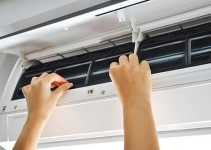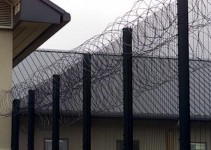To envision the office of the future you don’t need to tap into space-age utopia or out-of-this-world architecture. If you ask architects about tomorrow’s office the conversation mostly revolves around touch points such as collaboration, communications and integration.
Effectively designed spaces and use of resources would play an integral role in response to employees’ needs and specific company culture. The relics of the isolating cubicles have paved the importance of cultivating workplace community and giving people connections to one other. Open space, experts say, nurtures open minds and access to ideas, which is one of the vital aspects of the office of the future. The office will become a collaboration room that will foster productivity and community well-being.

With everything weaned on mobile technology, flexibility too becomes an essential feature complying with the way people work and use the office space. At eOffice, a design – led coworking space in Central London, hotdesking and office space usage on an hourly basis is in popular demand amongst members, who are steadily converting from full-time desk usage. In the near future rather than a dedicated desk, people would just need a touch down station to plug in. This would be in the form of a standing or adjustable desk, offering full mobility and flexibility of work.
Following that trend, the next stage of the office evolution will be the “chairless” workplace. The idea is definitely taking traction as a few workplace design agencies have already started designing conceptual spaces of technically desk free zone, where people could only lean or prop on inbuilt structures with odd angles.
Technology would also evolve to offer even more sustainable solutions like desk stations with individually controlled light and temperature settings. Interactive screens, virtual reality and 3D printing will be the basic technological fit outs in every office, while artificial intelligence would steadily take over and robotize the office, creating the phenomenon of the “peopleless” office.



